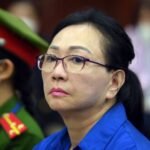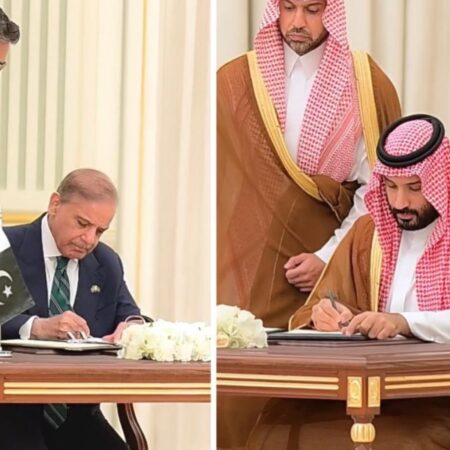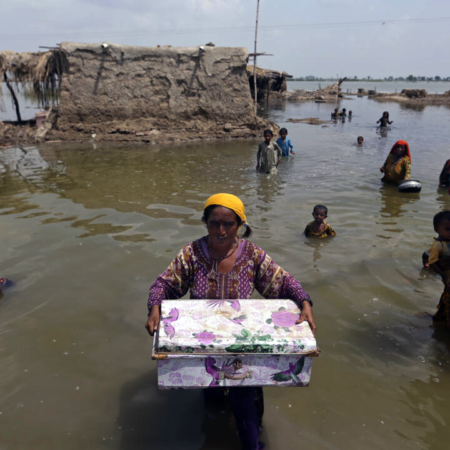- Spreading “fake news” is made a crime that carries a five-year prison sentence without the possibility of release;
- The definition of social media is expanded to include tools used to access it, potentially bringing VPNs under the draft amendment that calls for the Digital Rights Protection Authority to hold social media companies accountable.
ISLAMABAD: The government is preparing “wholesale” amendments to the Prevention of Electronic Crimes Act (Peca) 2016 that will create a new authority with the ability to censor social media and internet information and bring legal action against individuals who spread “fake news.”
According to a draft of the “Prevention of Electronic Crimes (Amendment) Act, 2024,” a Digital Rights Protection Authority (DRPA) should be established to handle matters like removing content from the internet, prosecuting individuals who share or access content that is prohibited, and taking action against social media companies that host such content.
Barrister Aqeel Malik, the prime minister’s adviser, confirmed the changes, stating that they were intended to “eliminate misinformation and negative propaganda.”
The draft amendment’s most significant change is the broadened definition of “social media platform,” which now encompasses software and tools for social media access.
In Section 2 of Peca, the draft suggests adding a new clause that defines words used in the law.
The amended term also now includes “any person managing a system that allows access to social media.”
The terms “website,” “application,” or “communication channel” that enable users to access social media and publish content are also added to this definition.
Given that virtual private networks (VPNs) are used to access social media services like X, which are restricted in Pakistan, this enlarged definition might provide the government the authority to regulate or outright ban their use.
Prior to legal advisors pointing out that these were methods to access material rather than the content itself, the government had intended to register VPNs and block unregistered proxy. As a result, there was no legal basis for the authorities to stop them.
The new power
The government would create the DRPA, a new organization under the modified law, to assume the responsibilities currently held by the Pakistan Telecommunication Authority (PTA) under Peca.
In addition to promoting education and research, the authority would advise the federal and provincial governments on “digital ethics and related fields,” encourage and enable social media platforms, and protect users from damage while they are online.
In addition, the DRPA would “regulate” social media content, look into claims of violations, and direct authorities to “block” or limit access to content.
In addition, the DRPA would specify deadlines for social media businesses to comply with its directives and allow them to establish offices or agents in Pakistan.
After the PML-N-led government came to power after the general elections on February 8, the DRPA establishment process began.
A committee led by Prime Minister Shehbaz Sharif’s adviser, Rana Sanaullah, was established in May to reach an agreement on a draft of the proposed DRPA.
Information Minister Attaullah Tarar told VOA Urdu in September that the federal cabinet intended to talk with stakeholders, including media outlets, journalist’s organizations, and political parties, and that’s why the topic was put on hold.
It’s unclear, though, if there have been any stakeholder discussions since then.
It has now been suggested that DRPA will consist of six members, including three “ex officio” members, in addition to a chairperson.
The chairperson and three full members would be appointed by the federal government for a three-year term, with the possibility of reappointment for a similar length of time.
The PTA chairman and the secretaries of the IT and information ministries will serve as “ex-officio” members.
According to the suggested modifications, the majority of members would agree on all DRPA decisions; however, in the event of an emergency, the chairperson would have the only authority to order the blocking of any illegal internet content.
Within 48 hours, the authority must “ratify” the chairperson’s choice.
“Unlawful” material
The DRPA will have the right to “enlist” social media platforms to follow its rules and set conditions for them “in addition to the requirements of this [law].”.
The government and social media companies may be asked by the authority to restrict or delete illegal content from the internet.
The draft legislation has also significantly broadened the definition of illegal content.
According to Section 37 of the Act, Peca defines “unlawful online content” as follows: “… [content against the] glory of Islam or the integrity, security, or defense of Pakistan or… public order, decency, or morality, or in relation to contempt of court or commission or incitement to an offence under this Act.”
At least 16 categories of content that would be considered illegal are listed in the revised draft.
Blasphemous content, inciting violence and sectarian hatred, obscene or pornographic material, copyright violations, aiding and abetting crime or terrorism, “fake or false” reports, “aspersion” against constitutional institutions and their officers, such as the military or judiciary, blackmail, defamation, etc. are a few examples.
“Fake news”
In order to penalize those who spread “fake news” online, the draft revisions also suggest adding a new section to Peca, Section 26(A).
According to the policy, anyone who “intentionally” posts anything “that he knows or has reason to believe to be false or fake and likely to cause or create a sense of fear, panic, disorder, or unrest” faces up to five years in prison, a fine of up to one million rupees, or both.
What would be considered “fake or false information” is not specified.
An additional change to Peca’s Section 43 would render offenses under Section 26(A) non-bailable, non-compoundable, and non-cognizable.
A tribunal will be established to bring charges against individuals for offenses specified in the Act under the regulations, which will be developed once these modifications are enacted.
A software engineer and a journalist would serve on the tribunal, which would be presided over by a high court judge or someone eligible for that position.












No Comment! Be the first one.